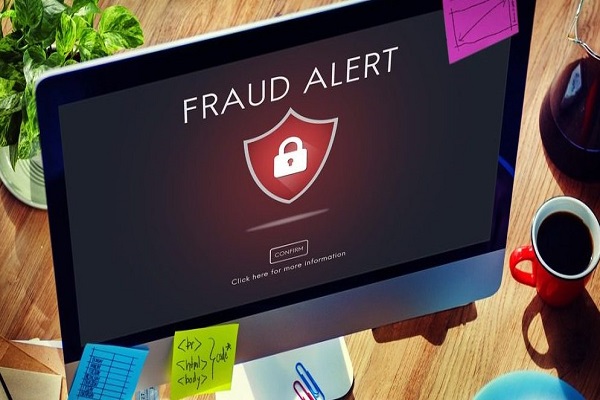Any personal information that can be linked to you online enters your digital fingerprint. Your personal data that you leave on social networks - name, surname, place of residence, school you attend, your interests, photos and videos, comments you write below the content that others post. The digital footprint is your trace in the digital world. Unlike the real world, this trace is almost impossible to erase according to
Taking It Mobile Toronto.

HOW TO PROTECT YOUR PRIVACY ON THE INTERNET?
When opening a profile on new social networks, it is not necessary to leave all the information, no matter what we are asked to do. There are those mandatory data such as name and surname, but also those that are not mandatory and that should never be left, such as phone number, residential address, school you attend.
I'm sure you've heard of the term "cookies". Cookies are small files that are located on the sites you visit, and they collect information about which articles you read, which content you search. Then when you return to that page one day, the content will be tailored to your interests. This is not so bad, because interesting content is available to you without much searching. However, this in a way violates your privacy, that is, the freedom to decide what you want. What’s good is that we can manage cookies ourselves. To prevent our data from being collected by a third party that may "invade" the page or site you're reading, you can find the "cookies" option in the privacy settings of Google Chrome or other browsers you use, and then block "third-party cookies" “.
In that way, you are actually preventing a page that you did not want to visit and that you are not interested in, from collecting further data about your activity,
PASSWORDS
A good password should be easy to remember, but not simple. It should be created from letters - smaller and larger, from numbers and signs. You should not share your password with anyone
ONCE ON THE INTERNET, FOREVER ON THE INTERNET
Before you post your photo or video on social media, think about who will watch it all - your parents, teachers, friends from school. Think before you send a photo or video to your friends. You never know if you will ever come into conflict, so that person will want to abuse you. Also, if your friends send you their content, do not violate their right to security and privacy.
KEEP YOUR PERSONAL INFORMATION LOCKED
The term "phishing" is important here, which is most often done via e-mail. It would literally mean "fishing people via email". This is done by certain people who are willing to abuse other people, sending emails that contain a link to a page that is actually fake. This page is used by those who "get caught" to leave their personal data, and in order to allegedly receive some prizes, they would get some discounts. Usually personal data, credit card, bank account are required. Find us on
Google and
2FindLocal.







